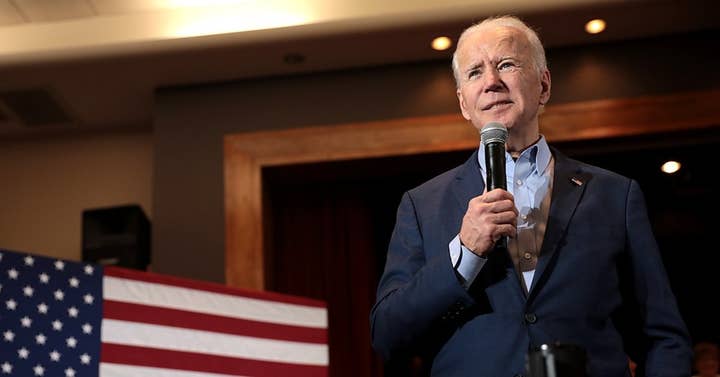President Biden orders review of semiconductor shortage amid PS5, Xbox stock problems
The President will push for $37 billion to fund legislation to accelerate chip manufacturing in the US
President Joe Biden is taking action to find solutions to the ongoing shortage of semiconductor chips -- a manufacturing issue that has impacted, among other things, the newest games consoles.
The impact of the coronavirus pandemic on production has led to a shortage of semiconductors and other key products, affecting several industries across the US and forcing many to cut down on manufacturing.
Reuters reports the President signed an executive order yesterday launching a 100-day review of supply chains for four critical products, including semiconductor chips.
Other products covered by the review include pharmaceuticals, rare earth minerals and large-capacity batteries for electric vehicles.
The order will focus on the areas of communications technology, transportation, energy, food production, public health and defense.
But the hope is that improvements to the supply of semiconductor chips could benefit the production of both PS5 and Xbox Series X|S, as well as high-end graphics chips for PCs.
According to the Semiconductor Industry Association, US semiconductor firms account for 47% of all chip sales worldwide -- but only 12% of manufacturing is handled in the US.
The President has also promised to seek significant investment for efforts to resolve this situation.
"I'm directing senior officials in my administration to work with industrial leaders to identify solutions to the semiconductor shortfall," he said.
"Congress has authorised a bill but they need... $37 billion to make sure that we have this capacity. I'll push for that as well."
A recent report from Ampere Analysis suggested supply constraints have prevented both new PlayStation and Xbox consoles from outpacing their predecessors' launch sales.
Following Microsoft's most recent financial results, chief financial officer Amy Hood said the company expects Xbox sales to "still be constrained by supply" during the first quarter of 2021.

